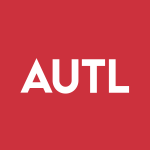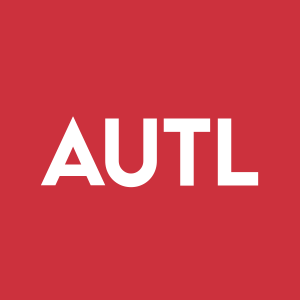Welcome to our dedicated page for AUTOLUS THERAPEUTICS PLC news (Ticker: AUTL), a resource for investors and traders seeking the latest updates and insights on AUTOLUS THERAPEUTICS PLC stock.
Autolus Therapeutics PLC (AUTL) is a clinical-stage biopharmaceutical leader pioneering engineered T-cell therapies for cancer treatment. This page serves as the definitive source for verified news and official updates on the company’s immunotherapy advancements, clinical trial progress, and strategic initiatives.
Investors and researchers will find timely updates on key developments including regulatory milestones, partnership announcements, and pipeline advancements. Our curated collection ensures access to primary-source information spanning clinical data releases, financial reports, and scientific presentations – all critical for informed analysis of AUTL’s position in the competitive oncology biotech sector.
Content highlights include updates on lead candidates like Obe-cel, technology platform innovations, and collaborations advancing next-generation cellular therapies. Each release is vetted for relevance to investment research and therapeutic development tracking.
Bookmark this page for streamlined monitoring of Autolus’ progress in developing precision T-cell treatments for hematological malignancies and solid tumors. Check regularly for authoritative updates directly impacting the evaluation of AUTL’s scientific and market potential.


